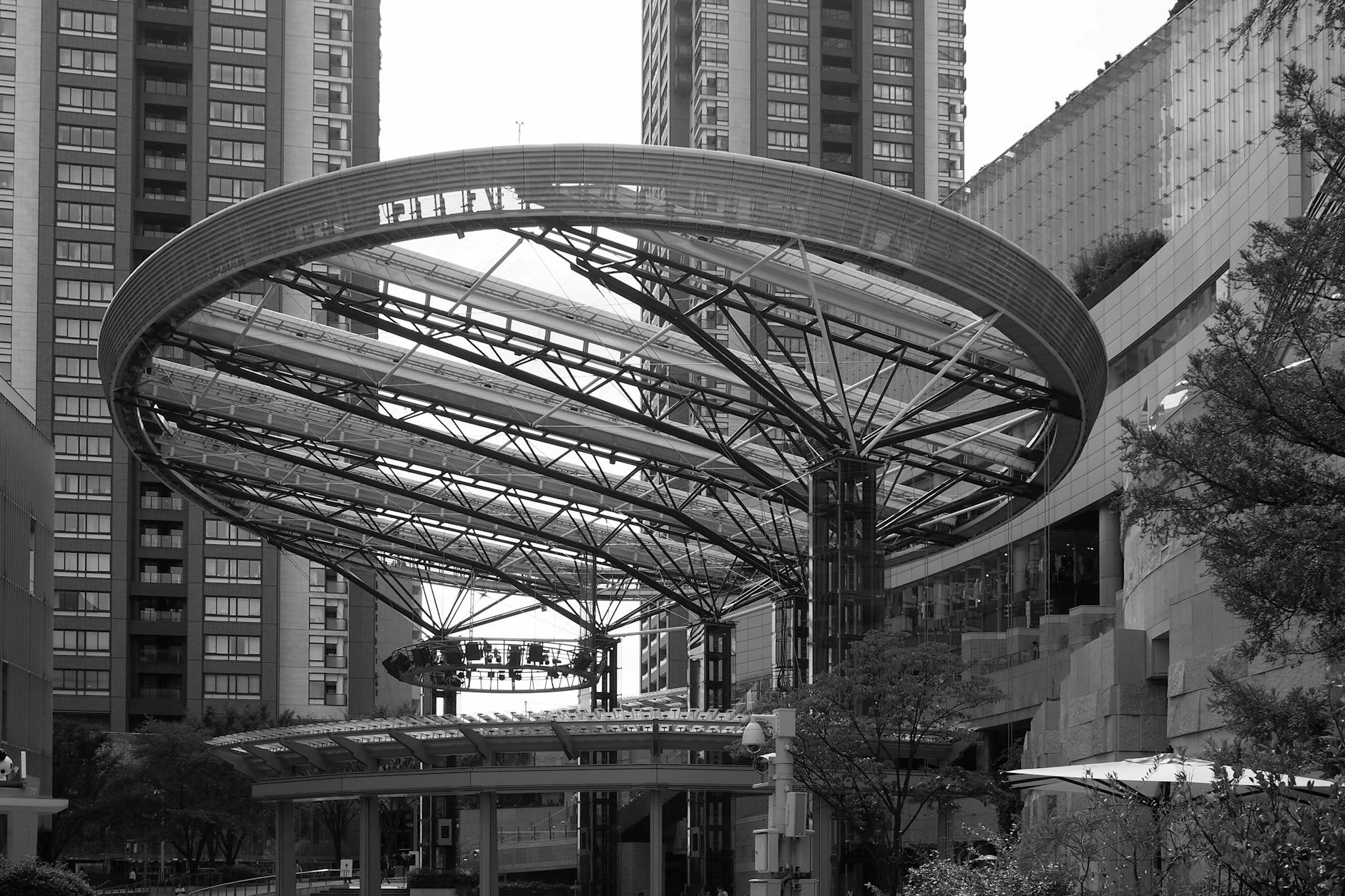Effective Property Management Strategies in a Competitive Market
Effective property management strategies in a competitive market are crucial for landlords, property managers, and real estate investors striving to maximize returns and maintain tenant satisfaction. As the real estate market becomes increasingly competitive, simply owning a property is not enough. Without a strategic approach to management, properties risk higher vacancy rates, tenant turnover, and increased operating costs. This article explores practical strategies that can help property managers stay ahead, boost operational efficiency, and attract reliable tenants. From leveraging technology to building strong tenant relationships, the methods discussed will not only reduce expenses but also enhance the overall value and appeal of the property portfolio in today’s dynamic market.
Understanding market trends and tenant needs
Before implementing any management strategy, understanding the market landscape and the evolving needs of tenants is essential. Market trends such as shifts in demand for rental types (e.g., single-family homes vs. apartments), location preferences, and economic factors influence property performance. Regularly analyzing local data on rental rates, vacancy trends, and competitive offerings allows property managers to adjust pricing and amenities accordingly. Additionally, keeping a pulse on tenant demographics helps customize services—such as pet-friendly policies or flexible lease terms—to appeal to the most promising tenant profiles.
Implementing technology to streamline operations
Technology integration has become a game-changer in property management. Property management software allows for seamless rent collection, maintenance tracking, and communication with tenants. Automated systems reduce administrative workload and increase accuracy. Online portals for payment and service requests enhance tenant convenience and satisfaction. Moreover, tools like data analytics can forecast maintenance needs, identify trends in tenant behavior, and optimize marketing efforts. The right technology stack empowers managers to focus on strategic growth rather than day-to-day operational challenges.
Enhancing tenant engagement and retention
Retaining quality tenants is more cost-effective than constantly seeking new ones in a competitive environment. Engaging tenants through clear communication, timely maintenance responses, and community-building initiatives fosters loyalty. Property managers can organize periodic events, provide newsletters, or create social media groups that encourage a sense of belonging. Personalized attention, such as remembering important dates or providing small incentives, can significantly reduce tenant turnover. Happy tenants are more likely to renew leases and refer new tenants, directly impacting occupancy rates and profitability.
Optimizing property maintenance and cost management
Maintenance quality directly affects tenant satisfaction and property value. Proactive and preventive maintenance minimizes costly repairs and emergencies. Establishing a regular inspection schedule helps identify issues early, while competitive bidding for maintenance contracts ensures cost efficiency. Budgeting for maintenance with clear tracking of expenditures provides transparency and control over operating costs. Below is a sample table illustrating typical maintenance expense allocation in competitive markets:
| Expense category | Percentage of total maintenance budget |
|---|---|
| Routine upkeep (cleaning, landscaping) | 35% |
| Repairs (plumbing, electrical) | 30% |
| Preventive maintenance (HVAC servicing, inspections) | 20% |
| Emergency repairs | 10% |
| Other (upgrades, renovations) | 5% |
Allocating resources wisely ensures the property remains in excellent condition without overspending, positioning it competitively in the rental market.
Strategic marketing and brand building
In a crowded marketplace, how a property is presented makes a significant difference. Strategic marketing combines professional photography, virtual tours, and well-crafted listings to highlight unique selling points of the property. Utilizing multiple channels—including social media, rental websites, and local advertising—maximizes outreach. Building a trusted brand through consistent service quality and online reputation management also attracts higher-quality tenants. Encouraging tenant reviews and promptly addressing negative feedback can strengthen a property’s market position and credibility.
Conclusion
Successful property management in a competitive market demands a multifaceted approach. Understanding market dynamics and tenant expectations provides a foundation for informed decision-making. Incorporating modern technology streamlines operations and improves tenant experience, while proactive maintenance strategies protect property value and control costs. Prioritizing tenant engagement enhances retention and reduces turnover risks. Lastly, employing strategic marketing and brand-building tactics ensures properties stand out in a crowded field. By harmonizing these strategies, property managers not only improve profitability but also build sustainable, thriving rental communities that withstand market fluctuations and drive long-term success.
Image by: Lana
https://www.pexels.com/@lana-154214216
editor's pick
latest video
news via inbox
Nulla turp dis cursus. Integer liberos euismod pretium faucibua

